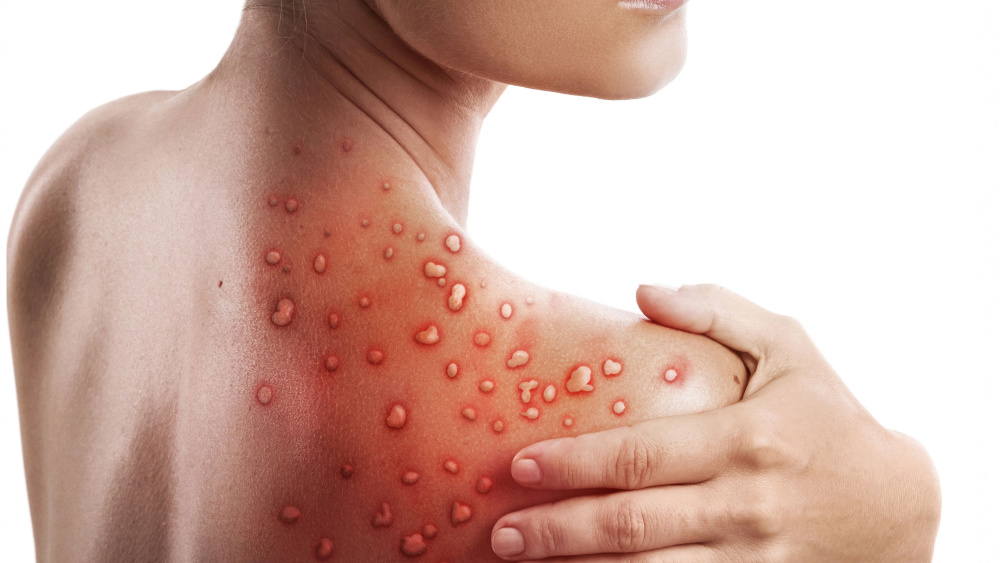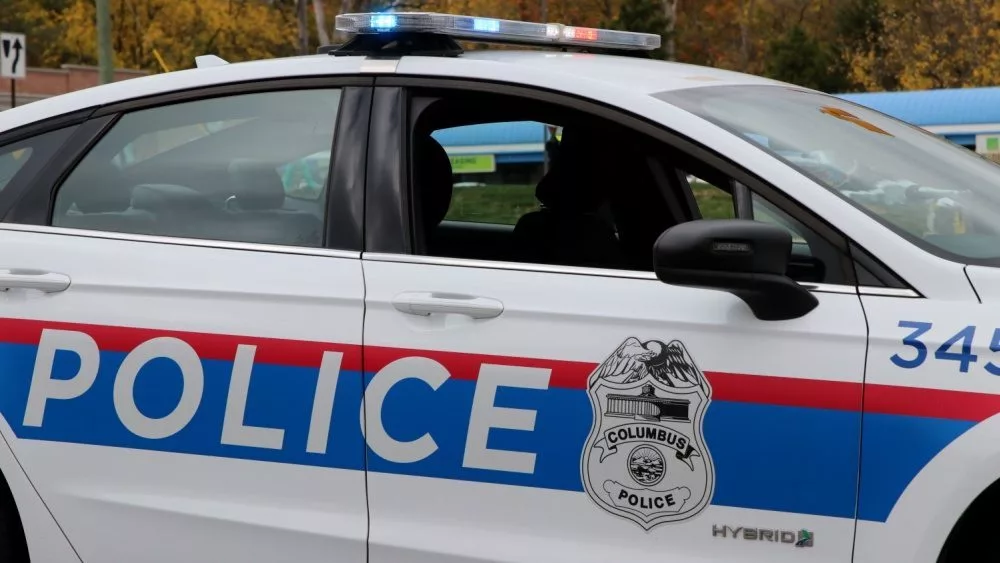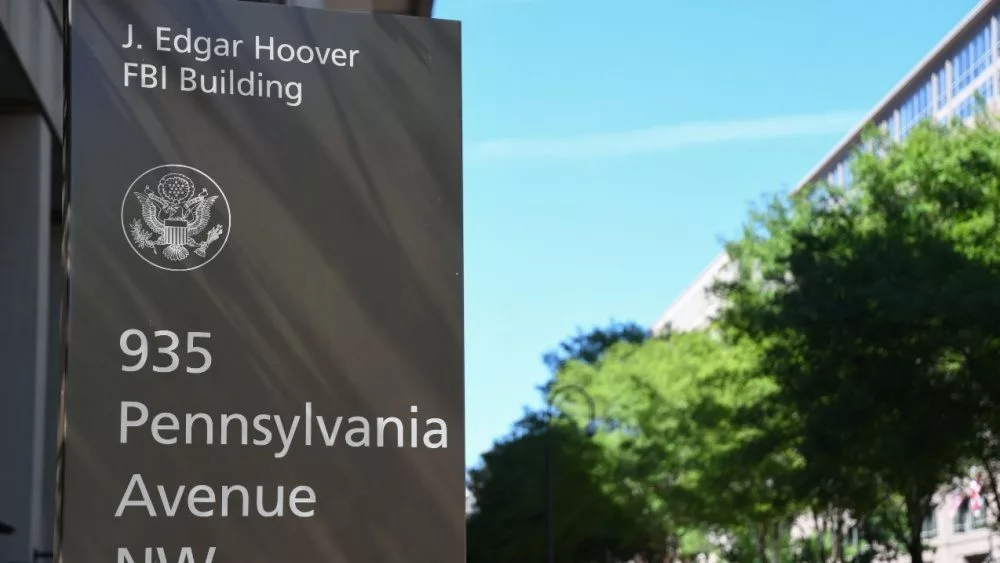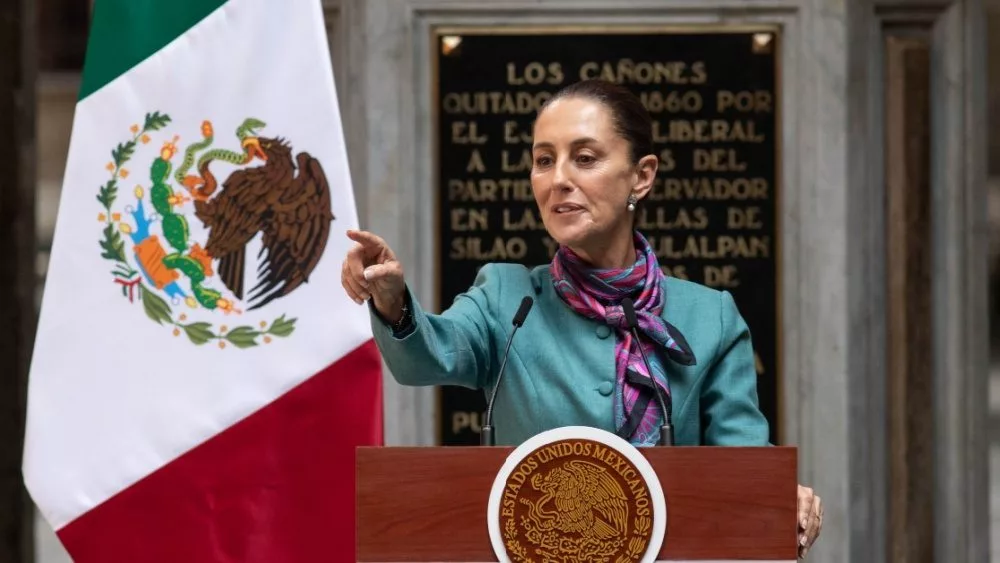
The Centers for Disease Control and Prevention (“CDC”) confirmed on Thursday that nine cases of monkeypox has been identified across seven states. CDC Director Dr. Rochelle Walensky said in a news briefing that the nine cases have been identified in Massachusetts, Florida, Utah, Washington, California, Virginia and New York.
Walensky said that while the nine cases “are within gay, bisexual men and other men who have sex with men,” she emphasized that “risk of exposure is not limited to any one particular group.” The United States also has two antiviral treatments that can be used for orthopox, the family of viruses that includes monkeypox. One of the vaccines, with the trade name of Jynneos, is approved for the prevention of monkeypox disease in adults 18 years of age and older. The CDC has mobilized vaccine for monkeypox to states that have reported cases and plans to move the vaccine where it may be needed. CDC officials have recommended the vaccination for people at highest risk due to direct contact with someone who has monkeypox. Said Walensky: “The US has the resources we need to help us respond to monkeypox in this country right now. We’ve been preparing for this type of outbreak for decades.”
Officials expect more monkeypox cases to pop up in the future. Dr. Raj Panjabi, White House senior director for health security and biodefense, said at the press briefing that Americans “shouldn’t be surprised to see more cases reported in the U.S. in the upcoming days. It’s actually a sign that Americans are remaining vigilant, and healthcare providers and public health workers are doing their job.”
Monkeypox got its name from laboratory monkeys who scientists first discovered developed the pox-like disease in 1958. The first human case was reported in 1970 in the Democratic Republic of the Congo, but other cases of the disease spread through infection outside of Africa, linked to international travel. The CDC notes that the virus spreads in humans from “large respiratory droplets,” or lesions on the skin, and signs and symptoms include a rash of lesions on the body, fever, headache, and muscle aches. Unlike smallpox, monkeypox also causes swollen lymph nodes. Illness from monkeypox typically lasts for 2-4 weeks.
Editorial credit: BLACKDAY / Shutterstock.com






